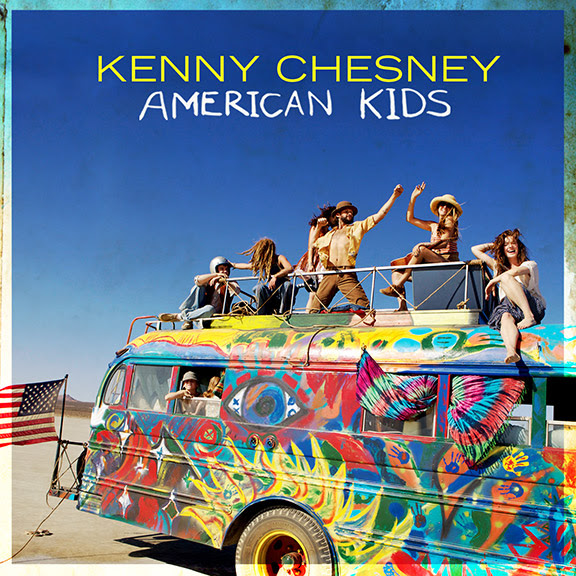Sam Hunt Deploys the Humpty Dumpty Defense
9 years ago Liv Carter 2

While I am not really a purist about music genre boundaries, I can’t help but think of Lewis Carroll’s words in Alice in Wonderland whenever I hear or read an interview with Sam Hunt.
In a recent chat with Rolling Stone Country, he defended himself thus:
“I do think I’m country, but your definition of that word might be different from my definition. In my opinion, country music, the sound of country, has always evolved. But the one thing that has not changed is the story element. And I think country songs are truthful songs about life written by country people.”
That’s convenient.
As the genre classification on Hunt’s Wikipedia page has been switched back and forth between pop, country pop, and now it just says country, it seems the internet is also trying to make up its mind. In and of itself, does it really matter what label is applied to music? Probably not. But given how he defends his country label, it seems to matter to Hunt.
Words have meaning. That meaning can of course change, but it tends to do so by societal consensus. If we all go around claiming that the words we use mean what we say they do, then words have no meaning at all. I am quite certain that if I take his album to 100 people in Europe or from any community which isn’t yet aware of Sam Hunt, and I ask them to assign it a genre, I am not once going to hear “country music.”
The sonic template for country music has dramatically widened since the 1990s, and we’re not going to put it back in its box. Throughout the music’s history, there have been progressive artists who brought in elements from other music genres, while also holding on to some, if not most, of the recognized hallmarks of country music. But to make music, and brand it by your look and album art, in a way which is completely indistinguishable from mainstream pop and insisting it is something else, seems rather silly.
His contention is that country is simply true-to-life songs written by “country people.” Consider that Usher and Justin Timberlake are both from Tennessee, Ne-Yo is from the small town of Camden, Arkansas. And these are just the examples I can think of without the use of Wikipedia. Conversely, Frankie Ballard is from Michigan, and Gary Allan is from Los Angeles. I don’t think his contention stands.
What I don’t understand is how some people can’t accept that someone can be country, in lifestyle and philosophy, and yet not make country music – or grow up in a major city and end up sounding like George Jones.
If Sam wants to insist he is country because of where and how he was raised, I am totally fine with that.
But every time I hear him calling his music “country” all I can think of is this:
Were I a cynic, I could offer that Hunt’s contacts and early supporters are part of country music, and it was likely much easier to pursue a record deal in Nashville than in L.A. or New York. Breaking into pop radio is a much taller order, and if commercial country radio is willing to play your songs, who would walk away from that? His label, MCA, might be gambling on his approach to music being the next big wave in country – in which case they’ll have the biggest new star – and that if that doesn’t work out, AC radio is still going to be there.
Music is converging and genre boundaries are now fuzzier than ever. But there are still, and likely will always be, groupings of types of music which will broadly define genres. Maybe not every country song needs fiddle and steel guitar, but is it really too much to expect that they all stay moored to what gave this genre its identity?
What do you think? Does everyone get to call music whatever they say it is, or should we still hope for some consensus?
Liv Carter
She holds several certificates from Berklee College of Music, and a certificate in Positive Psychology from UC Berkeley.
Her main influences are coffee, cats, and Alexander Hamilton.
Latest posts by Liv Carter (see all)
- Well yes, racism, but it’s more complicated - February 13, 2017
- Black River Entertainment had a great reason to party! - October 25, 2016
- Keith Urban returns to the States for US arena leg of his “ripCORD WORLD TOUR 2016” - October 10, 2016


